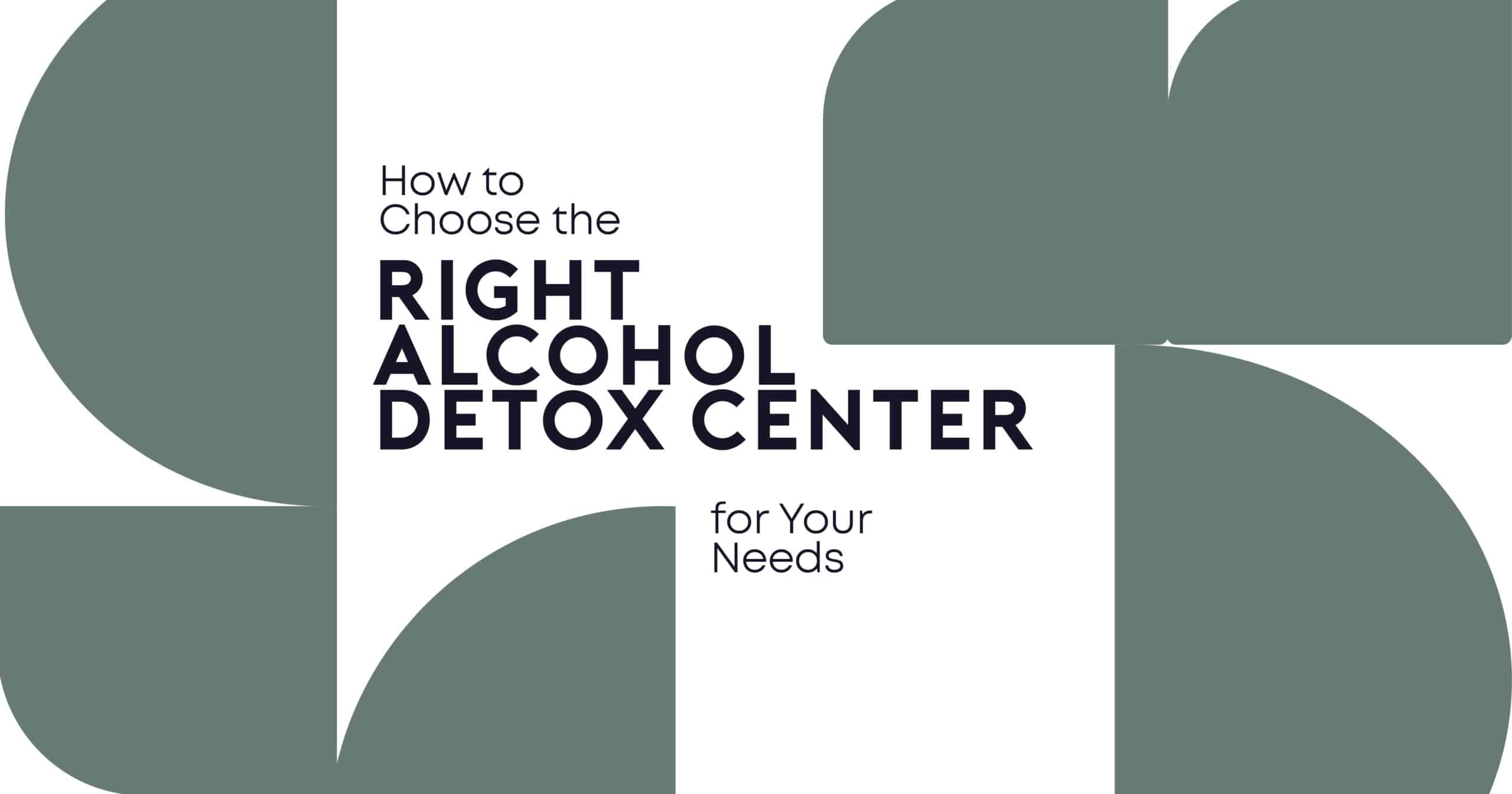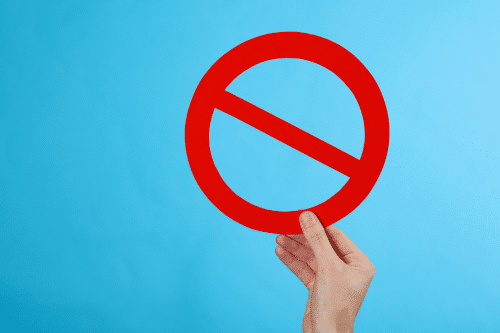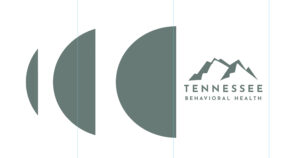What to Do Before Going Into Rehab: Essential Steps To Take
Preparing for rehab is essential for a successful recovery journey. At Tennessee Behavioral Health, we understand the importance of getting ready for this life-changing step. Our treatment center offers comprehensive services for those dealing with substance use disorders, mental health issues, and co-occurring disorders. To ensure a smooth transition, take time to familiarize yourself with our inpatient treatment program, outpatient rehab options, and behavioral therapy services. Additionally, review the items you’ll need to bring, such as comfortable clothing, weather-appropriate attire, and essential hygiene products. Avoid packing restricted items like cell phones, sharp objects, or large amounts of cash.
Engage with our admissions team to understand the treatment plans and levels of care available, including individual therapy, family therapy, and group therapy. Our focus on evidence-based treatments like addiction counseling, art therapy, and medication-assisted treatment will be central to your recovery process. Taking these steps now will help you feel confident and prepared as you begin your journey toward a healthier, addiction-free life.
For specific questions about what to bring, the admissions process, or the services we provide, contact Tennessee Behavioral Health today.
Tennessee Behavioral Health
Conduct Thorough Research on Rehab Programs

Finding the right rehab facility for your needs is crucial. Research addiction treatment centers that offer inpatient rehab, outpatient programs, or intensive outpatient programs. Consider levels of care, such as short-term residential treatment, long-term residential treatment, or outpatient rehab, depending on your substance use treatment needs.
Understand the Requirements and Expectations of Treatment
Each rehab center has specific requirements for the treatment process. Review treatment plans, packing lists, and facility guidelines. Familiarize yourself with rules on personal items, clothing items, and prohibited items like cell phones or sharp objects to avoid bringing restricted items.
Communicate With Your Employer About Your Leave

If you’re employed, speak with your employer about your legal obligations and need for time off. The Family and Medical Leave Act (FMLA) may provide options for extended leave without risking your job.
Organize Care for Dependents and Pets
Arrange pet care and support for dependents. Reliable caregiving options allow you to focus on recovery without additional worries.
Assess Your Insurance Coverage and Benefits
Contact your insurance provider to confirm coverage for rehab. Inquire about inpatient treatment programs, outpatient treatment, and levels of care included in your health plan. Ensure you have your health insurance card and any required financial plans in place.
Tennessee Behavioral Health
Prepare Mentally by Identifying Motivations for Treatment
Reflect on your reasons for seeking help with drug addiction or alcohol addiction. A positive outlook on the recovery process can help ease anxieties about recovery. Identify personal goals, such as improving mental health conditions, addressing co-occurring disorders, or achieving lifelong recovery.
Pack Essential Items Only
Stick to a comprehensive rehab packing list provided by the treatment center. Include Comfortable Clothing, weather-appropriate clothing, casual shoes, athletic shoes, alcohol-free hygiene products, and necessary medications like current prescription medications or counter medications.
Review Prohibited Items to Avoid Bringing Them

Rehab centers typically restrict items such as recreational drugs, sharp objects, amounts of cash, and mobile phones. Check with admissions navigators or the admissions team to clarify what is allowed.
Cultivate a Support System of Loved Ones
Family therapy and individual therapy play a critical role in addiction recovery. Engaging family members in family therapy sessions or educational courses can strengthen your support network. Encourage loved ones to participate in family counseling and learn about addiction through organizations like the National Institute on Drug Abuse.
Create an Aftercare Plan for Post-Rehab Recovery
Work with your treatment provider to develop a plan for lasting recovery after rehab. This may include addiction counseling, behavioral therapy, or outpatient treatment. Incorporating healthy habits, such as physical activity and art therapy, supports a healthier life post-rehab.
Tennessee Behavioral Health
FAQ's On What to Do Before Going Into Rehab
Explore treatment options, such as inpatient therapy, outpatient rehab, or 30-day drug rehab programs. Consider facilities accredited by the American Addiction Centers or similar organizations.
Expect an intake interview, orientation, and detoxification process. The admissions process ensures you receive effective treatment tailored to your needs.
Encourage family involvement through family therapy sessions, educational programs, and open communication. Support from loved ones reduces the negative stigma of addiction and helps create a positive environment for recovery.
Preparing for rehab doesn’t have to be a difficult process. By taking these steps, you can focus on achieving a healthier life and lifelong recovery. For help navigating the admissions process, contact Tennessee Behavioral Health today.
Rehab programs often include individual therapy, family therapy, and group therapy. Evidence-based treatments like cognitive-behavioral therapy (CBT), art therapy, and behavioral therapy are also common. These approaches address both substance use disorders and any co-occurring mental health conditions, helping individuals achieve lasting recovery.




